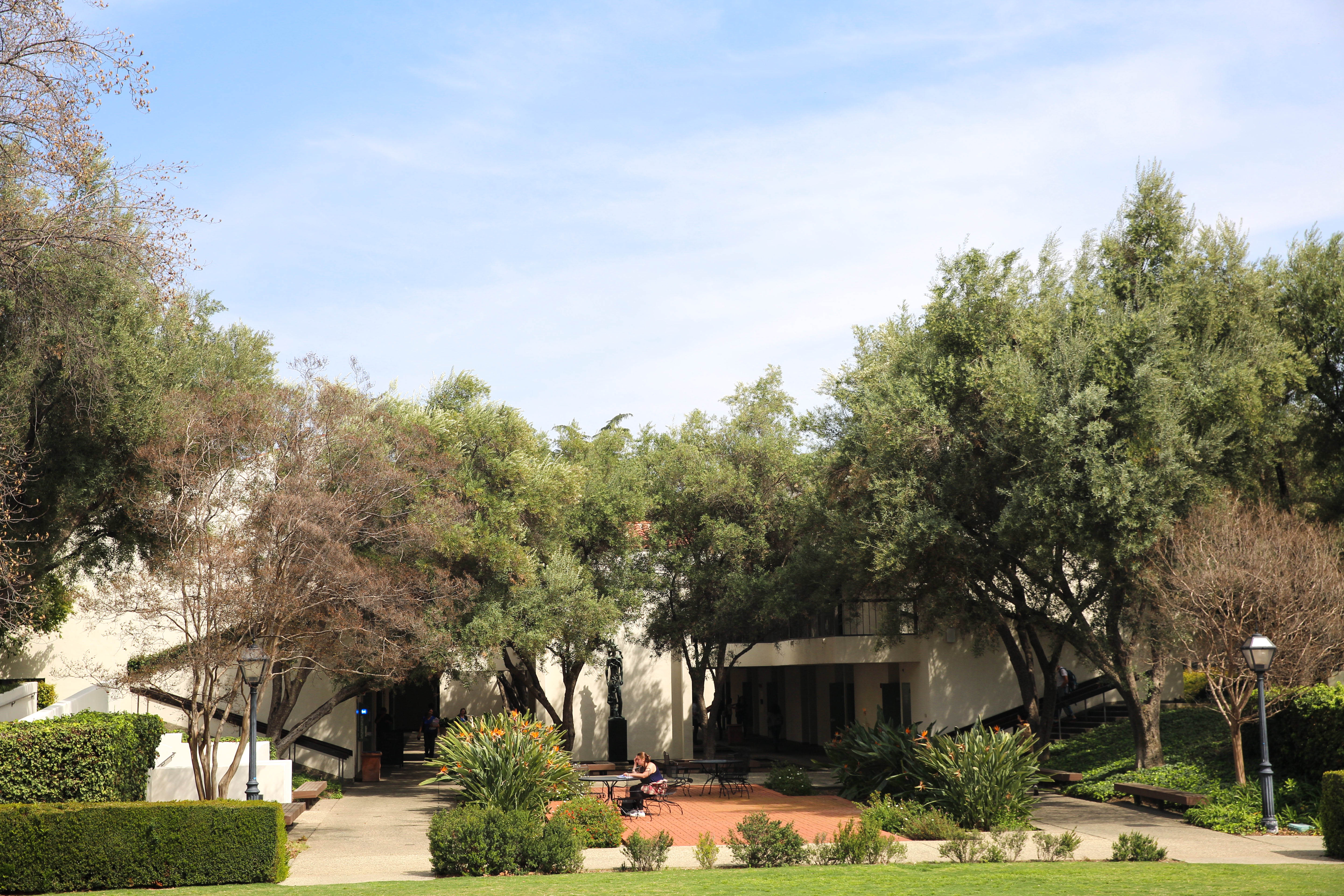
The Andrew W. Mellon Foundation has awarded $800,000 to Scripps College in Claremont, Calif., for support of the College’s Interdisciplinary Humanities Initiative. The three-part initiative provides funding for summer undergraduate research fellowships, professional development for faculty, and new clinic courses that will pair faculty and students with community organizations throughout greater Los Angeles to address complex community issues using a humanistic approach.
“We are delighted to be able to expand opportunities for our faculty and students who exemplify Scripps’ trademark passion for inquiry and desire to serve others, while addressing complex societal issues both in and outside of the classroom,” said Lara Tiedens, Scripps College president. “This funding, over the four-year grant period, allows us to build on the promising regional partnerships that were begun through the generous 2017 Mellon presidential grant. It will also support undergraduate research and provide rich development and mentoring opportunities for faculty and upper-division students as they prepare for their lives beyond Scripps.”
The Mellon grant provides for interdisciplinary humanities summer fellowships for students to conduct mentored research or pursue a creative interdisciplinary project. In addition, the grant will support the development of an interdisciplinary faculty cohort to share best practices on mentoring undergraduate research.
The semester-long humanities interdisciplinary courses will be structured as credit-bearing clinics where faculty members and students from a range of majors and disciplines will work in partnership with local community organizations.
“For faculty, the clinics are an extension of the dedicated work several already have been doing in the community with groups that include incarcerated women, immigrants, and local schools. Faculty will be invited to apply to develop new clinic courses, and I look forward to seeing what exciting partnerships and projects they propose and carry out,” said Amy Marcus-Newhall, vice president for academic affairs and dean of faculty at Scripps.
Associate Professor of Classics David Roselli echoes Marcus-Newhall’s enthusiasm. “Given that the humanities have been under threat nationally, thinking about ways to conserve them or provide sanctuary—in addition to injecting them into ‘social’ issues—can open up spaces for new concrete potentialities,” Roselli said.
“The importance of the humanities in addressing the complexity of the problems facing our society today cannot be overstated,” President Tiedens adds.
Scripps College was founded in 1926 by newspaper entrepreneur and philanthropist
Ellen Browning Scripps. Scripps today offers a rigorous interdisciplinary curriculum, a robust intellectual community, a commitment to diversity and inclusion, and a rich residential experience designed to shape the next generation of leaders. The mission of Scripps College is to educate women to develop their intellects and talents through active participation in a community of scholars, so that as graduates they may contribute to society through public and private lives of leadership, service, integrity, and creativity.
The Andrew W. Mellon Foundation supports a wide range of initiatives to strengthen the humanities, arts, higher education, and cultural heritage. The Foundation endeavors to strengthen, promote, and, where necessary, defend the contributions of the humanities and the arts to human flourishing and to the well-being of diverse and democratic societies, supporting exemplary institutions of higher education and culture as they renew and provide access to an invaluable heritage of ambitious, path-breaking work.

